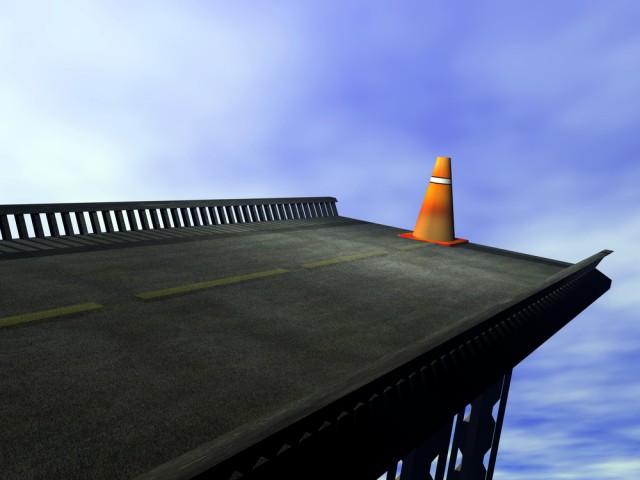Will Moore's Law come to an end?

For some strange and unknown reason, we humans often fear our certain ideas, products and ways of thinking are coming to an end.
Think of all the "iPhone killers", "Facebook killers", "World of Warcraft killers" out there -- products, devices and services which were thought to bring the end for some of our most lovable inventions.
Sadly for some and luckily for others, most of these devices are still alive and kicking.
But one principle, whose end seems inevitable, is the Moore’s Law. Established back in the 1965, it is more of an observation and not an actual law by no means.
Gordon Moore, co-founder of Intel, wrote in 1965: "The number of transistors incorporated in a chip will approximately double every 24 months". Translated to simple language, it means that the complexity of computer chips ought to double roughly every two years.
The principle remained true for half a century, but is now questioned.
Current CEO of Intel, Brian Krzanich, is saying the days of Moore’s Law may be coming to an end as the time between new innovations appears to be widening.
|The last two technology transitions have signaled that our cadence today is closer to two and a half years than two", Krzanich recently said.
Krzanich said the company would "strive to get back to two years" for innovation to keep Moore’s Law on track.
Laureate Professor of Mathematics at University of Newcastle, Jonathan Borwein, and Lawrence Berkeley Laboratory (retired) and Research Fellow at University of California, Davis, David H. Bailey have an interesting observation: "If Moore’s Law does continue for just two or three more decades, typical handheld devices may well exceed the human brain in intelligence", they say.
Published under license from ITProPortal.com, a Net Communities Ltd Publication. All rights reserved.
Image Credit: Elenarts/Shutterstock
